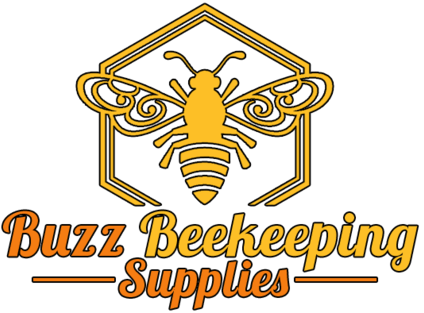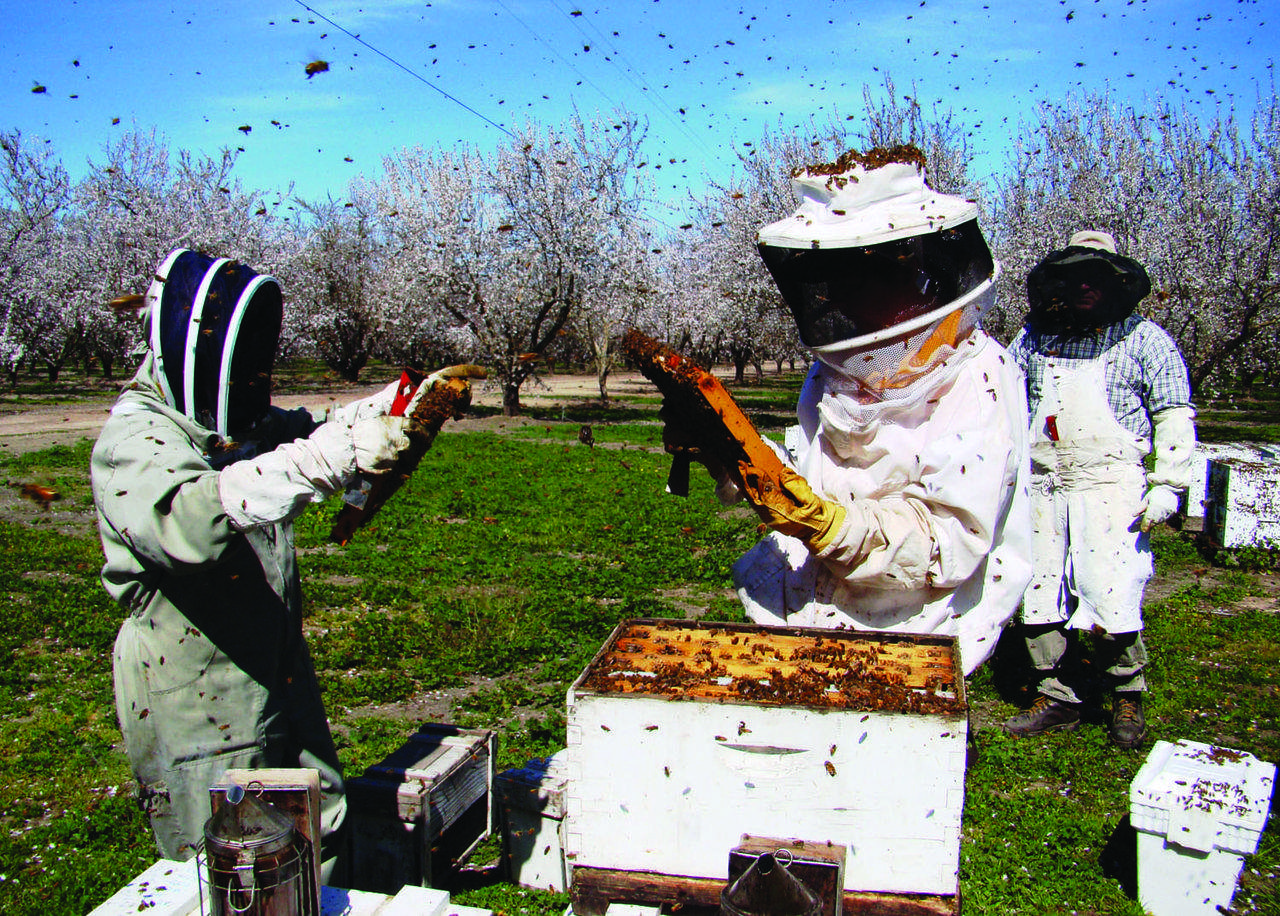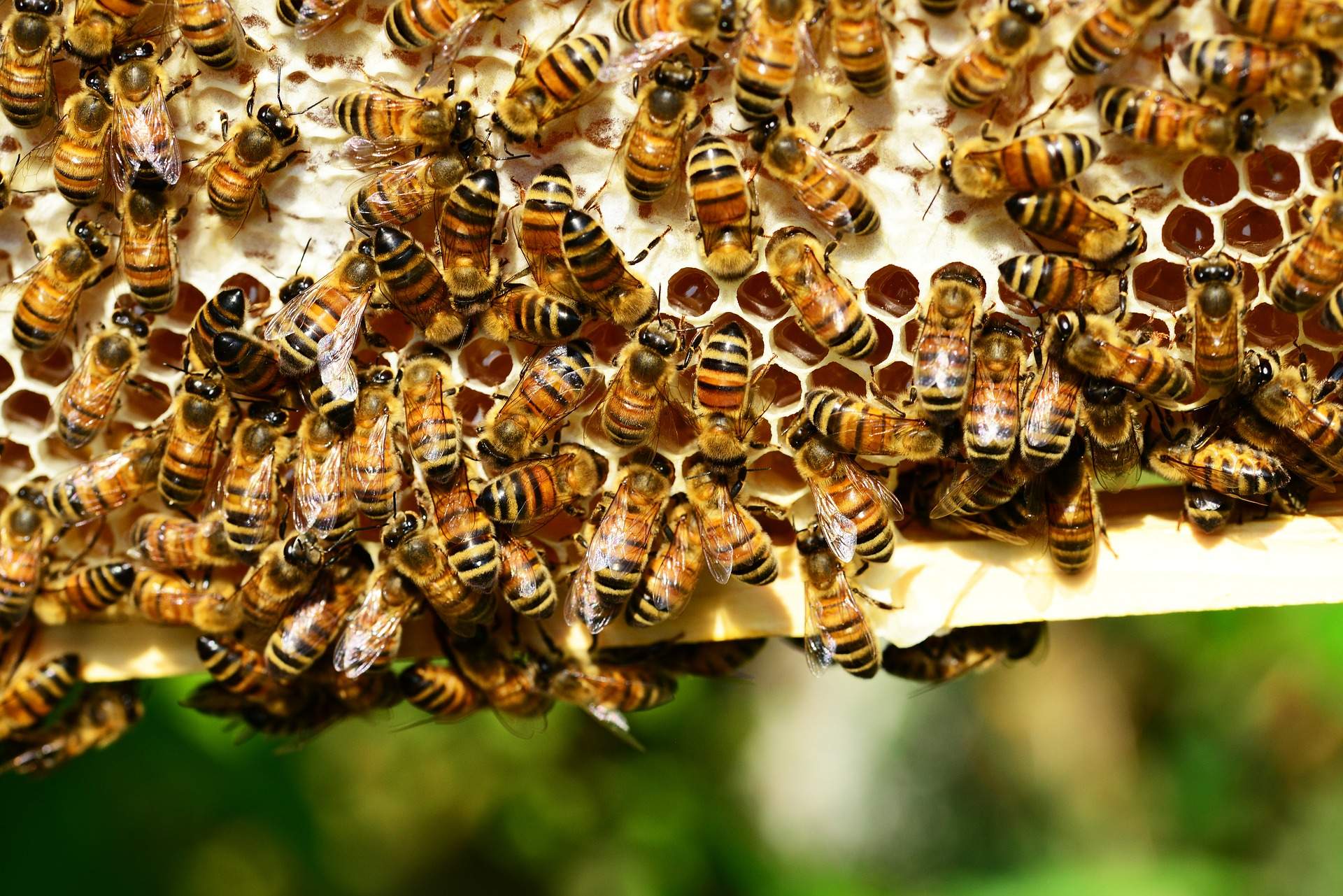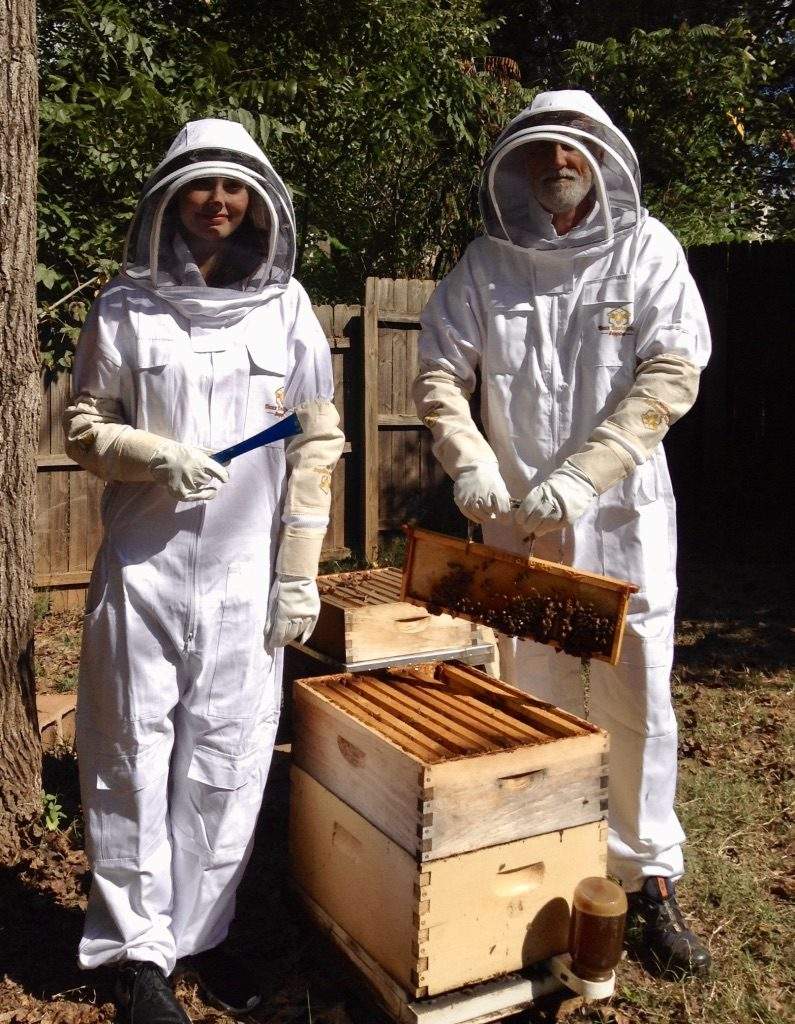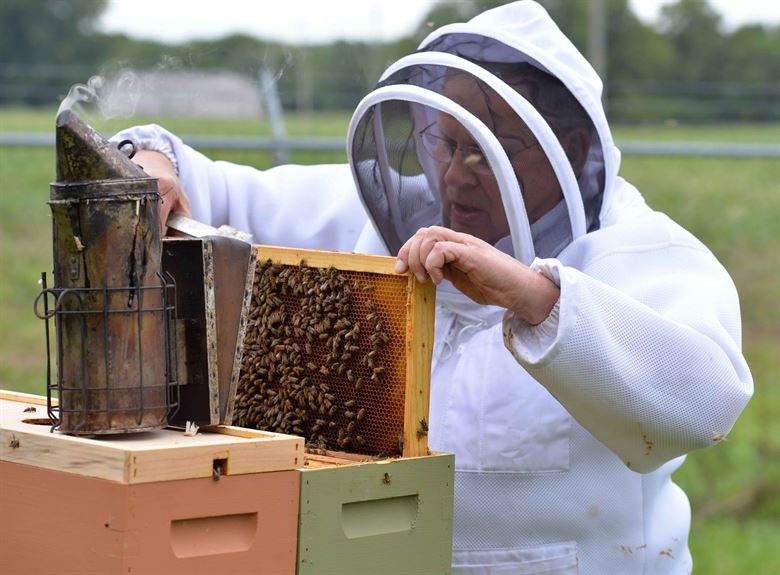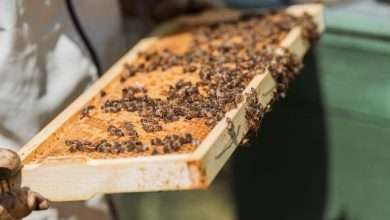Bee Supplies New York
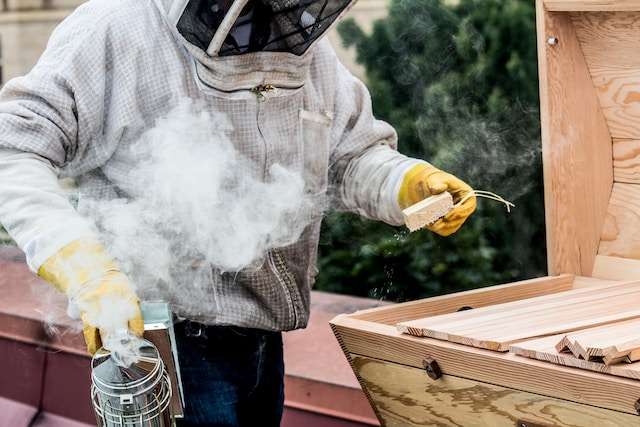
No matter where you are looking for beekeeping supplies in New York, we’ve got you covered.
History of Beekeeping in New York
In the early 17th century, European settlers arrived in the New World, bringing with them their knowledge and experience of beekeeping. Alongside their goal of establishing a new home, these colonizers recognized the importance of beekeeping for sustenance, trade, and economic prosperity. As a result, beekeeping practices were quickly adopted and adapted to the New York landscape.
Current Beekeeping in NY State
According to the latest data, there are approximately 4,500 registered beekeepers across the state, illustrating the widespread interest and dedication towards beekeeping. These beekeepers range from small-scale operations to larger commercial outfits, each contributing to the overall success of the industry.
New York ranks among the top honey-producing states in the United States, adding to the industry’s economic significance.
Honey Bee Pollination
Honey bees in NY contribute significantly to the pollination of various agricultural crops, including apples, cherries, blueberries, pumpkins, cucumbers, and almonds.
Importance of Proper Beekeeping Supplies
Whether you are a beginner or a seasoned beekeeper, understanding the importance of using proper beekeeping supplies is crucial for the health and success of your honeybee colonies.
Typical beekeeper supplies needed includes:
Beekeeping Woodenware
The most popular bee hive in the US is the 10-frame Langstroth hive, originally patented in 1852. This hive, for over 170 years, has been the industry standard.
Hive components are the most important supplies you will need as a beekeeper. These components include hives, frames, and foundations. A beekeeper’s choice of hive can vary, but the most commonly used hive in Michigan is the Langstroth hive. Frames and foundations come in different sizes and are the essential elements of honeycomb production. Hive components should be constructed from materials that will withstand the weather and environment.
The hive components include:
- Hive body
- Bottom board
- Honey super
- Frames
- Inner cover
- Hive cover
Beekeeper Protective Clothing
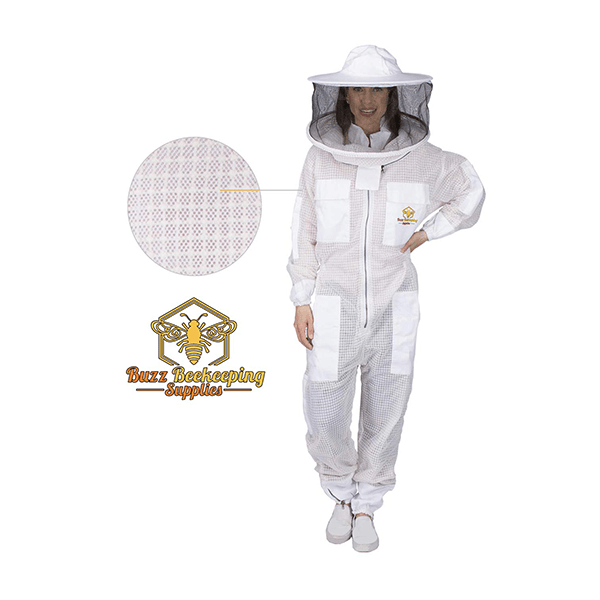
The most common protective gear for beekeepers include:
Beekeeping Suits
One of the most important pieces of beekeeping supplies is your bee suit. Unlike in other states, at the current time, beekeeping hobbyists in Michigan must use the safety of a bee suit or the frames cannot be inspected by the Michigan Department of Agriculture and Rural Development. You’ll need to make sure to select a suit that fits properly to avoid having any parts of your skin exposed to the angry stings.
Both canvas beekeeping suits and ventilated bee suits are available.
Beekeeping Jackets
Canvas bee jackets and ventilated bee jackets are available.
Beekeeping Gloves
Goatskin bee gloves and cowhide bee gloves are available.
Many times, you can purchase a combo pack of a bee suit and bee gloves at a discount.
Please note: Your beekeeping suit or beekeeping jacket should come with a veil included.
Beekeeping Equipment and Tools
Here is a list of some common beekeeping tools:
- Hive tool
- Hive smoker
- Queen marker
- Bee Brush
- Hive feeder
- Entrance reducer
The state association is the Empire State Honey Producers Association, Inc.
Where to buy bees and nucs in New York?
One of the best places to purchase queen bees, packaged bees and nucleus hives (nucs) is your local bee club.
There are about 40 bee clubs in NY.
Here is a list of local bee clubs in New York:
New York State Beekeeper Club Directory
Joining a local beekeeping club is an incredible opportunity to connect with like-minded individuals, learn from experienced beekeepers, and contribute to the preservation of our environment.
Beekeeping in New York
The New York State Department of Agriculture and Markets regulates the apiary industry.
New York Beekeeping Laws
Like any other profession, beekeeping is subject to certain regulations and laws to ensure the safety and well-being of both the beekeepers and the general public.
Registration and Licensing:
To engage in beekeeping within the state of New York, it is necessary to register as a beekeeper and obtain the required licenses. This process helps in monitoring and maintaining accurate records of beehives across the state.
Beekeepers can register their hives with the New York State Department of Agriculture and Markets by filling out a simple application form. Additionally, beekeepers must acquire a valid license from the department, which requires them to pass a basic beekeeping knowledge test.
Hive Management and Technical Standards:
Beekeepers in New York must adhere to specific hive management and technical standards to support healthy honeybee colonies and minimize the risk of colony collapse disorder. These standards encompass proper hive construction, adequate space for bees to expand, appropriate ventilation, hive insulation, and hive stability.
Additionally, certain hive components, such as frames, foundation, and entrance reducers, must meet quality standards to ensure optimal working conditions for bees.
The beekeeping laws in New York can vary, depending on which city or county you reside or keep bees.
Honey Varieties in New York
New York State is renowned for its diverse agricultural landscape, which includes lush farmlands, flourishing orchards, and vibrant apiaries. As a result, it comes as no surprise that the region has a rich honey production industry.
Here are some of the most well-known types of honey produced in the great state of New York.
- Wildflower honey
- Clover honey
- Basswood Honey
- Buckwheat honey
- Goldenrod honey
- Blueberry Honey
Selling Honey in New York
Selling honey can be a great way for beekeepers to share the fruits of their labor and generate income. However, it is important to understand the legal requirements and best practices to ensure the safety and quality of your honey, as well as compliance with state regulations.
Understanding Regulations:
1. Registering as a Food Processor: Before selling honey in New York State, beekeepers must register as a food processor with the Department of Agriculture and Markets. This registration helps guarantee that your honey is produced, processed, and handled safely and hygienically.
2. Labeling Requirements: Proper labeling is crucial when selling honey. The label on each container of honey must include the following information:
- The name and address of the producer or distributor
- The net weight of the honey
- The common or usual name of the product (“Honey”)
- Any additional mandatory labeling required by federal laws or regulations
3. Labeling Special Honey Varieties: If you are selling honey from a specific floral source (e.g., clover, wildflower, etc.), you have the option to label it with the specific variety. However, make sure your claim is accurate and verifiable.
4. Honey Grades and Standards: While not mandatory, grading and classifying your honey can add value to your product and provide transparency to your customers. You may consider grading your honey using the standards established by the United States Department of Agriculture (USDA).
5. Inspections: Beekeepers in New York State may be subject to periodic inspections by the Department of Agriculture and Markets to ensure compliance with food safety regulations. Cooperate with inspectors and maintain proper records of your honey production and sales
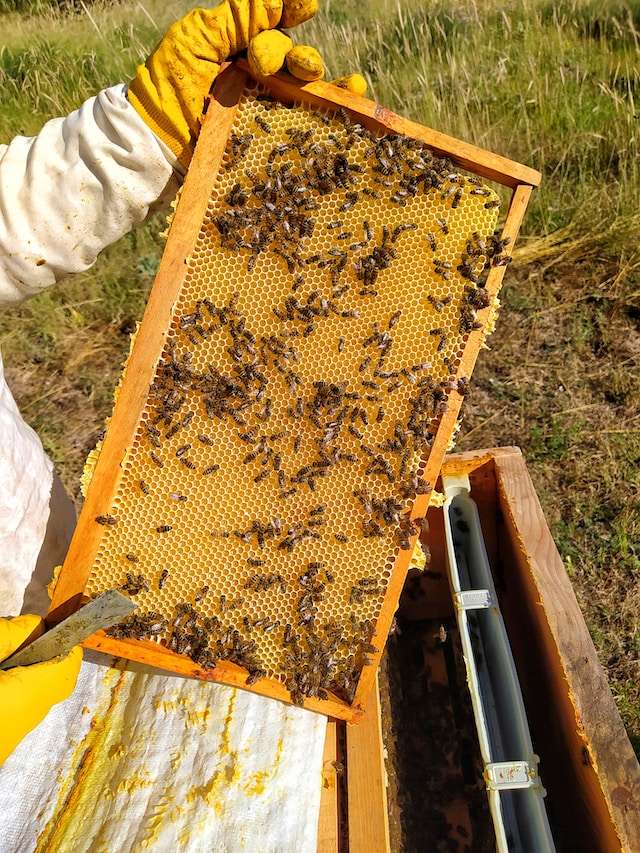
FAQs for Bee Supplies in New York State:
What are the essential beekeeping supplies I need to get started?
- To start beekeeping, you will need beehives, frames, protective clothing such as veils and gloves, smokers, hive tools, and feeders.
When should I start beekeeping in New York?
- Spring is the best time to start, but you can start researching and buying beekeeping supplies in the winter months. Then you will be prepared to purchase bees in early spring.
What kind of protective clothing should I wear when working with bees?
- It is important to wear a beekeeping suit, including a beekeeping veil, gloves, and sturdy footwear. This will protect you from bee stings and reduce the risk of injury.
How do I harvest honey without harming the bees?
- Honey harvest should be done carefully to avoid harming the bees. Use appropriate beekeeping tools like a bee brush or escape board to gently remove bees from the honey supers before extraction.
Can I keep bees in an urban or suburban area?
- Yes, beekeeping is possible in urban and suburban areas. Many cities and towns have regulations regarding hive placement and management, so be sure to check local ordinances and restrictions before starting.
Remember, these are general FAQs and for more detailed information, it is always recommended to consult reputable sources or experienced beekeepers to ensure the best practices for beekeeping.
